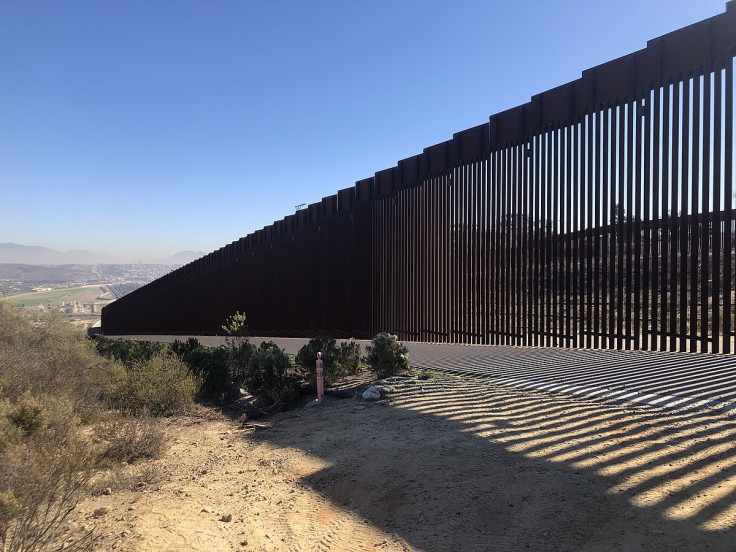
The bipartisan border security bill unveiled on Sunday night is already in peril, as some Democrats and Republicans have already criticized it, albeit for different reasons.
Republicans have been more vocal in their rejection and threat to vote against the $118 billion package, with several high ranking members leading the charge.
"I've seen enough. This bill is even worse than we expected," said Speaker Mike Johnson in a statement. "If this bill reaches the House, it will be dead on arrival," he added, repeating a phrase he had already used even before the language of the bill was released.
I’ve seen enough. This bill is even worse than we expected, and won’t come close to ending the border catastrophe the President has created. As the lead Democrat negotiator proclaimed: Under this legislation, “the border never closes.”
— Speaker Mike Johnson (@SpeakerJohnson) February 5, 2024
If this bill reaches the House, it will be…
House Majority Leader Steve Scalise and House GOP conference chair Elise Stefanik made similar comments, with the former saying that the bill "will NOT receive a vote in the House" and the latter that it is an "absolute non-starter."
The deal is also facing some resistance in the Senate, where Republicans intend to get at least 25 party votes to move forward, even if they are still able to get the necessary amount to break the filibuster with Democrats' support.
"I cannot understand how any Republican would think this was a good idea—or anything other than an unmitigated disaster. WE NEED NEW LEADERSHIP — NOW," Sen. Mike Lee (R-Utah) posted on X. "I cannot imagine why any Republican supports this atrocious proposal," Sen. J.D. Vance added.
But perhaps the main opposition comes from former President Donald Trump, who explicitly said that the party shouldn't do any deal "at all, unless we get EVERYTHING."

On the other side of the aisle, Democratic Senator Alex Padilla also criticized the bill, saying it is no surprise it "misses the mark" considering that the process "lacked transparency or the involvement of a single border-state Democrat or member of the Congressional Hispanic Caucus."
"It is in conflict with our international treaties and obligations to provide people with the opportunity to seek asylum. It fails to address the root causes of migration. And it fails to provide relief for Dreamers, farm workers, and the other undocumented long-term residents of our country who contribute billions to our economy, work in essential jobs, and make America stronger," said Padilla in a statement.
"It is critical that we support our allies in their fight to defend democracy and provide humanitarian relief, but not at the expense of dismantling our asylum system while ultimately failing to alleviate the challenges at our border," he added.
However, many high-ranking Democrats, Joe Biden among them, have favored the bill, with the President saying the initiative "will make our country safer, make our border more secure, treat people fairly and humanely while preserving legal immigration, consistent with our values as a nation."
Moreover, Senate Majority Leader Chuck Schumer said the bill is a "monumental step" toward strengthening national security both at an internal and external level.
Senate Minority Leader Mitch McConnell is among the Republicans who worked to present a bill and favor its passing. "America's sovereignty is being tested here at home, and our credibility is being tested by emboldened adversaries around the world. The challenges we face will not resolve themselves, nor will our adversaries wait for America to muster the resolve to meet them."
Regarding border security measures, The Associated Press reported that the bill would "overhaul the asylum system at the border with faster and tougher enforcement, as well as give presidents new powers to immediately expel migrants if authorities become overwhelmed with the number of people applying for asylum."
If illegal crossings surpasses the 5,000 figure for five straight days on average, an authority would begin automatically and reject migrants even before making asylum claims. If the figure reaches 4,000, the government would have the ability to do so.
Overall, $20 billion would be allocated to immigration enforcement. The figure includes hiring thousands of new officers to evaluate asylum claims and hundreds of Border Patrol agents. It would also destine money to shelters and cities across the U.S. where thousands of migrants have arrived in the past months.
© 2025 Latin Times. All rights reserved. Do not reproduce without permission.





